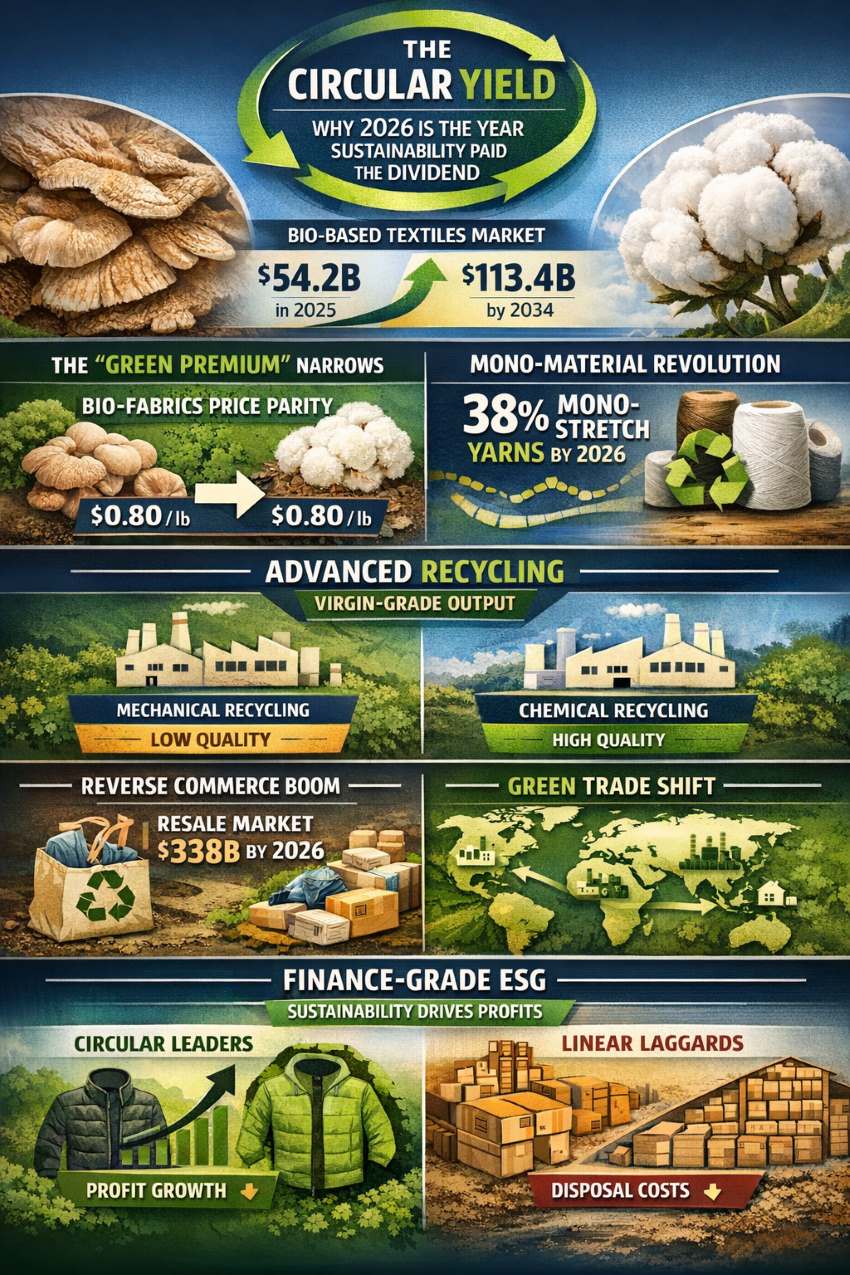In a resounding call to action, members of the Renewable Carbon Initiative (RCI) have highlighted the pressing need for Europe to transition from fossil to renewable carbon sources. The comprehensive survey conducted by RCI encapsulates the collective voice of various sectors within the European chemicals and materials industry. Among the key challenges identified are soaring energy and raw material prices, alongside the imperative to curtail carbon emissions to meet ambitious environmental targets.
A pivotal issue underscored by RCI members is the absence of policies incentivizing the adoption of renewable carbon feedstocks in chemical and plastics production. They urge policymakers to craft a regulatory framework that not only encourages the shift away from fossil fuels but also encompasses measures targeting feedstock and polymer levels. The current regulatory landscape, predominantly characterized by restrictive policies like Reach and the Single-Use Plastics Directive, falls short in fostering innovation and incentivizing the adoption of renewable carbon technologies.
Proposed solutions by RCI members include implementing minimum quotas for renewable carbon content across various application sectors and introducing a fossil carbon tax on the chemical industry. Additionally, measures such as carbon accounting mechanisms, carbon dioxide border adjustments, and Extended Producer Responsibility (EPR) schemes are touted as instrumental in driving the transition towards renewable carbon.
Overcoming barriers to sustainable carbon feedstocks, including acceptance issues with biomass and slow recognition of carbon capture and recycling technologies, is deemed crucial. The convergence of food and non-food biomass, carbon capture from biogenic and fossil sources, and mechanical and chemical recycling is emphasized as pivotal in achieving a closed-loop carbon cycle.
Furthermore, ensuring the availability of competitively priced green energy, including solar, wind, and hydrogen, is paramount for all production sectors to embrace sustainable practices. With Europe's robust educational infrastructure, cultural diversity, and advanced regulatory frameworks, the transition to renewable carbon presents an opportunity for the continent to solidify its position as a leader in sustainable innovation. Swift and decisive action, bolstered by supportive policies and incentives, is imperative for Europe to maintain its competitive edge and pave the way for a resilient renewable carbon economy.












